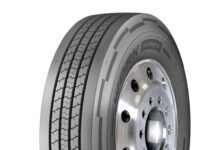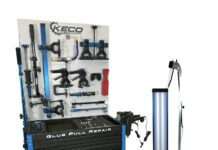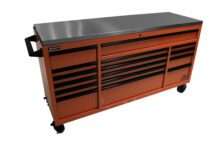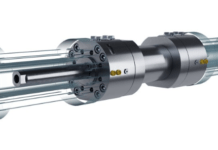The Trump administration’s proposed 25% tariffs on imports from Canada and Mexico could significantly disrupt the U.S. auto industry, inflating car prices by thousands of dollars and slowing production.
The tariffs, intended to protect the U.S. auto industry, would target vehicles and parts imported from neighboring countries and beyond. However, experts warn the move could upend cross-border trade, which has been the backbone of North American auto manufacturing for decades.
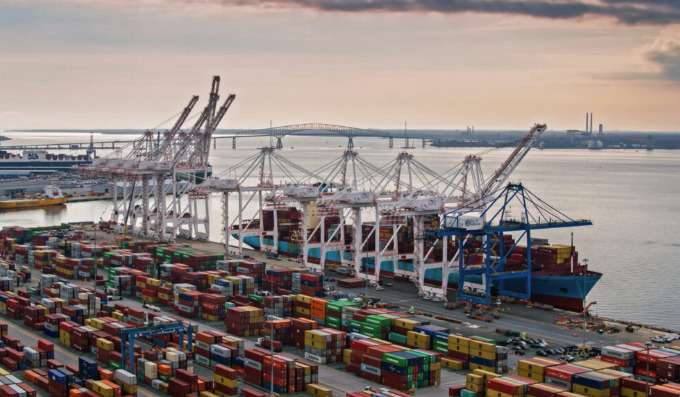

Currently, vehicles built in the U.S. rely heavily on Canadian and Mexican parts. Michael Robinet of S&P Global Mobility, in a CNN article, highlights that no vehicle is “all-American,” as parts often cross borders multiple times before a car is completed. If tariffs are implemented, production costs could soar, and automakers may halt production at U.S. plants while waiting for a resolution.
Dealers and consumers would feel the immediate impact. With current vehicle prices averaging near $50,000, tariffs could add thousands of dollars to sticker prices, putting cars out of reach for many buyers. Meanwhile, Canada and Mexico have threatened retaliatory tariffs on U.S. goods, escalating tensions.
President Trump argues tariffs are necessary to protect domestic jobs, despite the auto industry reporting strong profits. However, prolonged tariffs according to industrial analysts and financial observers could strain trade relations and leave American consumers bearing the financial burden.








